 On Wednesday, 24 February 2021, BU’s Research, Support & Development Office will be hosting our very first, pilot Virtual STEAMlab (Science/Tech/Engineering/Arts/Maths lab) event under the aegis of the strategic investment area (SIA) of Animation, Simulation & Visualisation (ASV). It will also be the first of a series of 2-hour long virtual ASV STEAMlabs to be held in the course of 2021.
On Wednesday, 24 February 2021, BU’s Research, Support & Development Office will be hosting our very first, pilot Virtual STEAMlab (Science/Tech/Engineering/Arts/Maths lab) event under the aegis of the strategic investment area (SIA) of Animation, Simulation & Visualisation (ASV). It will also be the first of a series of 2-hour long virtual ASV STEAMlabs to be held in the course of 2021.
This first STEAMlab will introduce and address four core priority areas for the strategic development of ASV cross-faculty, multi-disciplinary collaborations across BU in conjunction with external partners. These 4 areas are:
Virtual Production
Digital Health
Environment in Crisis
Virtual Heritage
This first STEAMlab will focus on these ASV themes in break-out rooms to target specific funding opportunities.
The ideas generated at this event may also be used to help select colleagues for Scramble events at short notice.
Booking onto this event
To take part in this exciting opportunity, all participants should complete the ASV Virtual STEAMLab Application Form V2 and return this to Nicolette Barsdorf-Liebchen at nbliebchen@bournemouth.ac.uk by Friday, 5 February 2021.
By applying, you agree to attend for the full duration of the event on 24 February 2021, 1 – 3 pm. Places are strictly limited and you will be contacted to confirm your “virtual space” by 12 February 2021.
If you have any queries prior to submitting your application, please contact Nicolette Barsdorf-Liebchen.
The Brief
We’re seeking to come up with highly innovative and urgently required research which is ambitious in scope and will require a high level of expertise, commitment and funding. The research must address challenges in the above-mentioned areas, and seek to deploy BU’s considerable ASV expertise and assets.
In short, we anticipate the development of innovative, ground-breaking and ambitious projects which have the capacity to attract significant, high value funding from the public and private sectors.
Who should attend?
We welcome those who wish to contribute to having a positive impact through addressing these challenges, but in particular, we are specifically targeting the following:
- Those academics whose research aligns with one or more of these core areas, or whose research would benefit from the multidisciplinary, collaborative engagement supported by the ASV SIA;
- Who has experience of involvement in medium to large research projects, and finally;
- Who either has the capacity to lead as PI on ideas arising from the STEAMlab in a working group towards development of a substantial grant application of close to or above £1 million, or has the ambition, research track record and commitment to be involved in the same.
We will also be inviting relevant external attendees, such as digital technology companies, to contribute on the day.
Some Answers to your FAQs:
Do I need to do anything in advance?
No, you do not. During the STEAMLab, you’ll be guided through a process which results in the development of research ideas. The process facilitates creativity, potentially leading to grand, innovative and interdisciplinary research ideas. These ideas will be explored with other attendees, and further developed based on the feedback received.
What is the immediate objective?
The objective by the end of the STEAMlab is to have scoped some leading and grand ideas around which a working group or cluster can be formed to take forward towards the development of a large grant application.
What do I need to do afterwards?
Your project idea may be “oven-ready”, but it is more likely than not that, given the level of pioneering innovation sought, you/your group’s project idea/s will require some time to crystallise fully, and for the optimum partners to be found for the bidding consortium, and bringing to fruition a fully-fledged grant application. To this end, it is envisaged that you and your potential collaborators will be committed to meeting on a regular basis, with a firm timetable. Substantial administrative support will be available from both RDS as a whole and the ASV Research Facilitator, Dr Nicolette Barsdorf-Liebchen, to advance your project development and manage working groups.
What if my topic area is very specialised, within fields such as medical diagnostics or environmental science?
Your contribution will be very welcome! One of the main benefits of a STEAMlab event is to bring together individuals with a range of backgrounds and specialisms who are able to see things just that bit differently to one another.

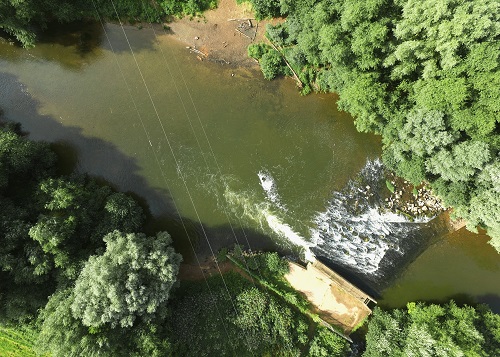

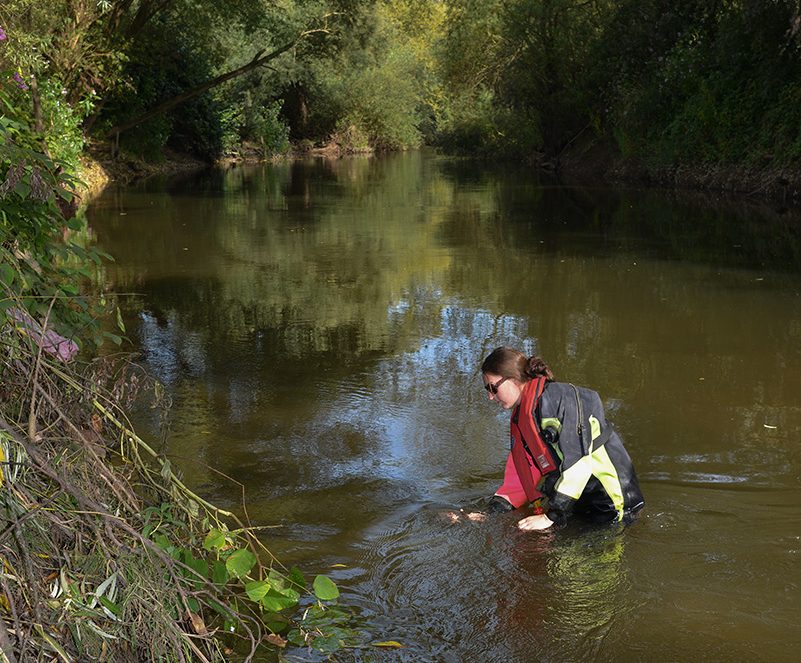
 The RDS Funding Development Briefings now occur weekly, on a Wednesday at 12 noon.
The RDS Funding Development Briefings now occur weekly, on a Wednesday at 12 noon. The Science, Health, and Data Communications Research Group invites you to our Spring-Summer 2021 research series. These talks are open to the public, and encompass topics on representations of women scientists in the media, health inequalities and COVID-19, how comics are used for health messages, and how politics drives decisions around health and science.
The Science, Health, and Data Communications Research Group invites you to our Spring-Summer 2021 research series. These talks are open to the public, and encompass topics on representations of women scientists in the media, health inequalities and COVID-19, how comics are used for health messages, and how politics drives decisions around health and science. On Wednesday, 24 February 2021, BU’s Research, Support & Development Office will be hosting our very first, pilot Virtual STEAMlab (Science/Tech/Engineering/Arts/Maths lab) event under the aegis of the strategic investment area (SIA) of Animation, Simulation & Visualisation (ASV). It will also be the first of a series of 2-hour long virtual ASV STEAMlabs to be held in the course of 2021.
On Wednesday, 24 February 2021, BU’s Research, Support & Development Office will be hosting our very first, pilot Virtual STEAMlab (Science/Tech/Engineering/Arts/Maths lab) event under the aegis of the strategic investment area (SIA) of Animation, Simulation & Visualisation (ASV). It will also be the first of a series of 2-hour long virtual ASV STEAMlabs to be held in the course of 2021.
 The RDS Funding Development Briefings now occur weekly, on a Wednesday at 12 noon.
The RDS Funding Development Briefings now occur weekly, on a Wednesday at 12 noon.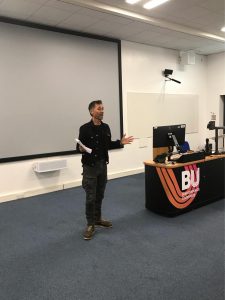
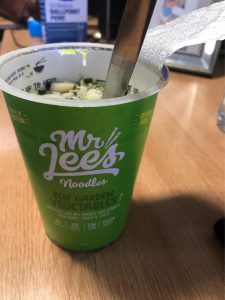
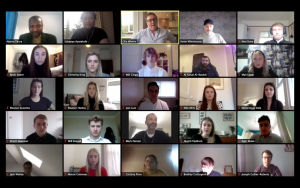
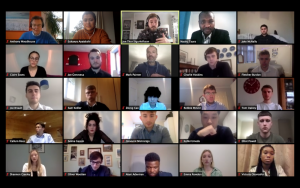
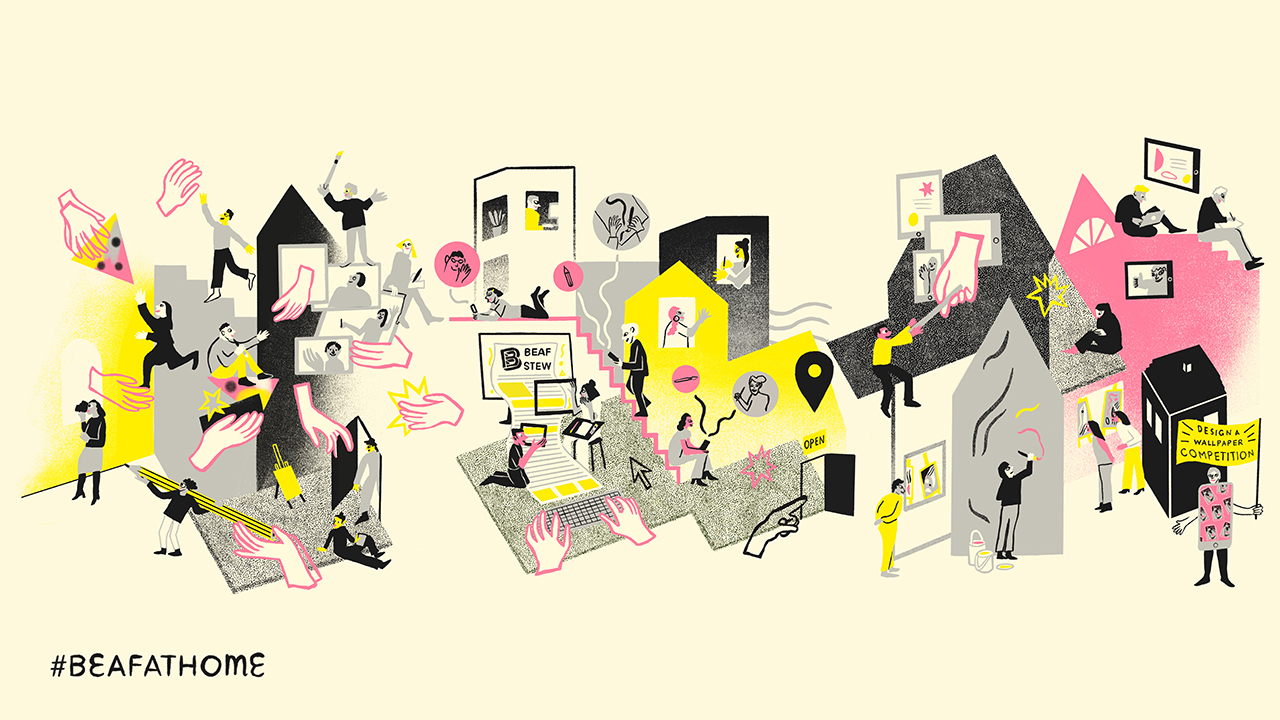
 Thursday 21st January 4pm – 6pm
Thursday 21st January 4pm – 6pm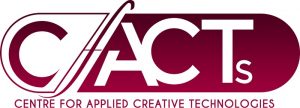
.jpg) LITTLE EVENT 2021
LITTLE EVENT 2021










 FHSS academics teaching in Nepal
FHSS academics teaching in Nepal New weight change BU paper
New weight change BU paper One week to go! | The 16th Annual Postgraduate Research Conference
One week to go! | The 16th Annual Postgraduate Research Conference Geography and Environmental Studies academics – would you like to get more involved in preparing our next REF submission?
Geography and Environmental Studies academics – would you like to get more involved in preparing our next REF submission? Congratulations to three former BU staff
Congratulations to three former BU staff MSCA Staff Exchanges 2024 Call – internal deadline
MSCA Staff Exchanges 2024 Call – internal deadline Applications are now open for 2025 ESRC Postdoctoral Fellowships!
Applications are now open for 2025 ESRC Postdoctoral Fellowships! Horizon Europe – ERC CoG and MSCA SE webinars
Horizon Europe – ERC CoG and MSCA SE webinars MaGMap: Mass Grave Mapping
MaGMap: Mass Grave Mapping ERC grants – series of webinars
ERC grants – series of webinars